From your home.
Talk to an expert
Chat to an expert
On orders over £500
For selected products
Showing 1–25 of 36 results
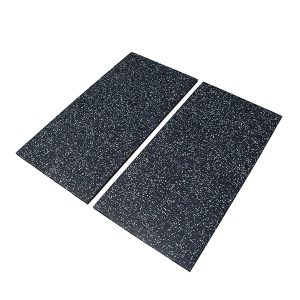
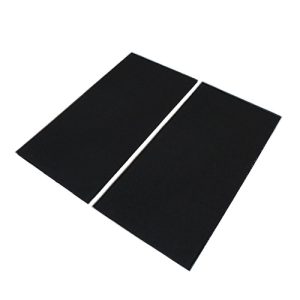
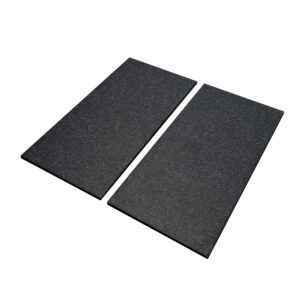
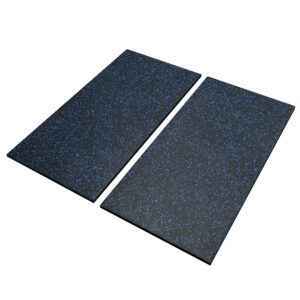
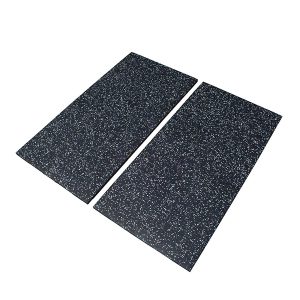


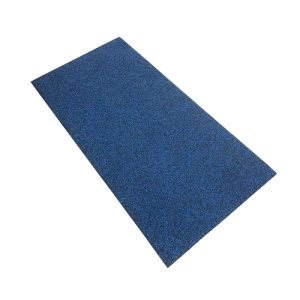

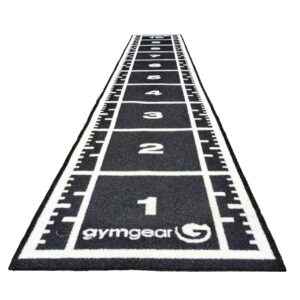
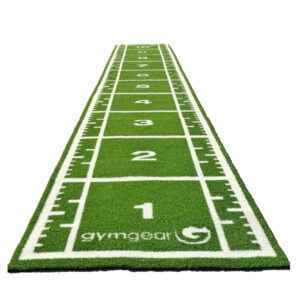
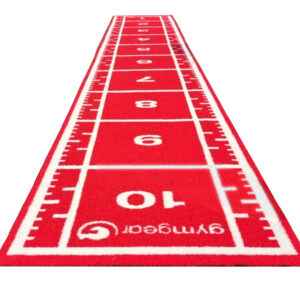
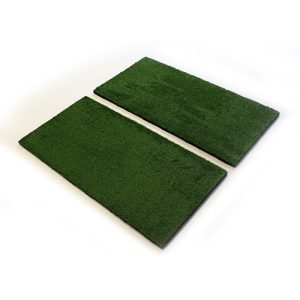
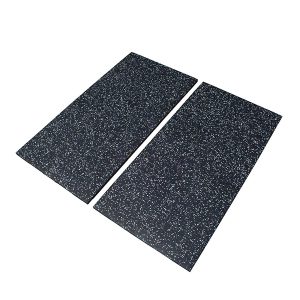
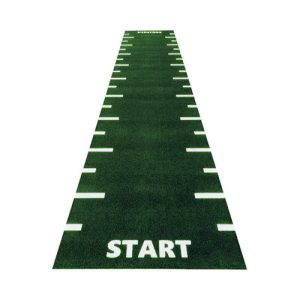
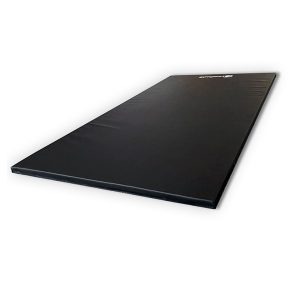
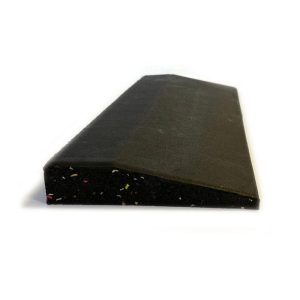
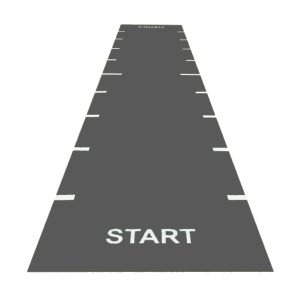
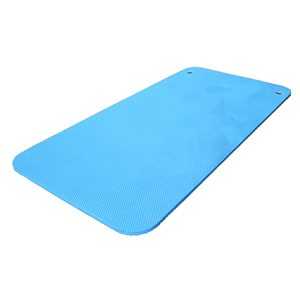
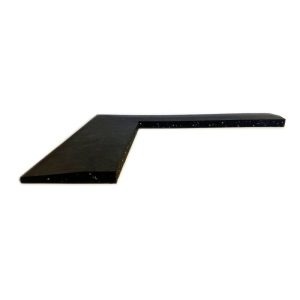
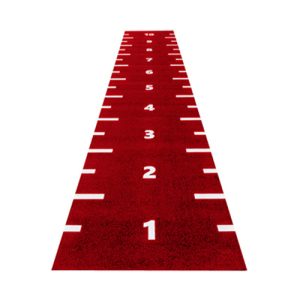
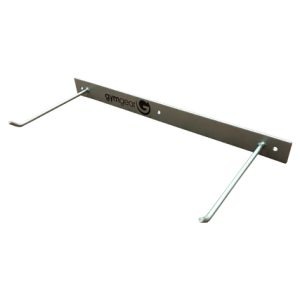
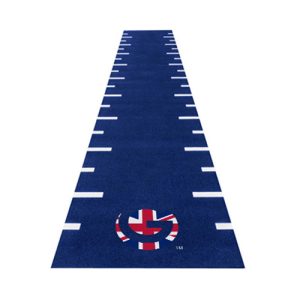
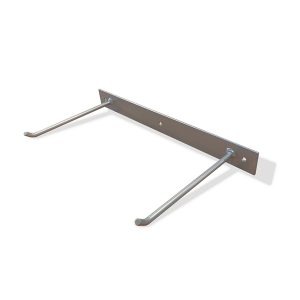
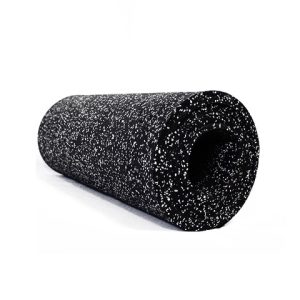
Gym flooring encompasses a range of specialised flooring materials specifically engineered for use in fitness centers, sports facilities, and home gyms. These flooring materials offer a safe, durable, and supportive surface for a variety of physical activities, such as weightlifting, cardio workouts, and high-impact sports.
Various types of gym flooring are available, each offering distinct features and advantages. Rubber gym flooring, for instance, is highly sought after due to its exceptional durability and shock absorption capabilities. Foam gym flooring, on the other hand, is lightweight and simple to install. Additional gym flooring options include vinyl, cork, and wood.
Gym flooring is crafted to withstand damage from heavy equipment, perspiration, and spills. It should offer adequate cushioning and shock absorption to minimise the risk of injuries and protect joints. Moreover, gym flooring should be slip-resistant to guarantee safe exercise practices.
Selecting the appropriate gym flooring is crucial for ensuring the safety and comfort of gym users. Factors such as the activities performed, equipment utilised, and overall gym aesthetic should be considered when choosing gym flooring. Proper installation and maintenance can prolong the life of gym flooring and maintain a secure, functional workout environment for years to come.
The ideal gym flooring depends on the activities conducted and the equipment used in your gym. For heavy weightlifting and high-impact activities, rubber flooring is recommended. For multipurpose areas, foam or vinyl flooring may be suitable. Consider the specific requirements of your gym before making a decision.
Regular cleaning and maintenance are essential for extending the life of your gym flooring. Sweeping or vacuuming daily, using a damp mop with a mild cleaning solution for spot cleaning, and deep cleaning periodically will keep your gym flooring in good condition. Always follow the manufacturer’s recommendations for proper care.
Some gym flooring types, like foam and interlocking rubber tiles, are easy to install and can be a DIY project. However, for more complex installations, such as rolled rubber or wood flooring, it is recommended to hire a professional installer to ensure a safe, level, and properly installed floor.
The thickness of gym flooring depends on the activities and equipment used. For heavy weights and high-impact exercises, a thickness of 3/8 inch to 3/4 inch is recommended. Lighter exercises and general-purpose areas may require a thickness of 1/4 inch to 3/8 inch. Always consider the specific needs of your gym when determining the appropriate thickness.
Some gym flooring materials, like outdoor rubber tiles, are designed for outdoor use and can withstand the elements. However, most gym flooring materials are intended for indoor use only. Ensure you choose a flooring material specifically designed for outdoor use if you plan to create an outdoor workout space.
If you’re looking for gym mats, click here.
Drop us a line and we will be back to you as soon as possible.
Fire us a message and our team will be in touch.
PDF version available for download
Contact us for more information
We guarantee to match any other retailer

82 Roman Way Industrial Estate, Preston, PR2 5BE
sales@gymgear.co.uk
Registration Number: 3349377
VAT Number: 628894877